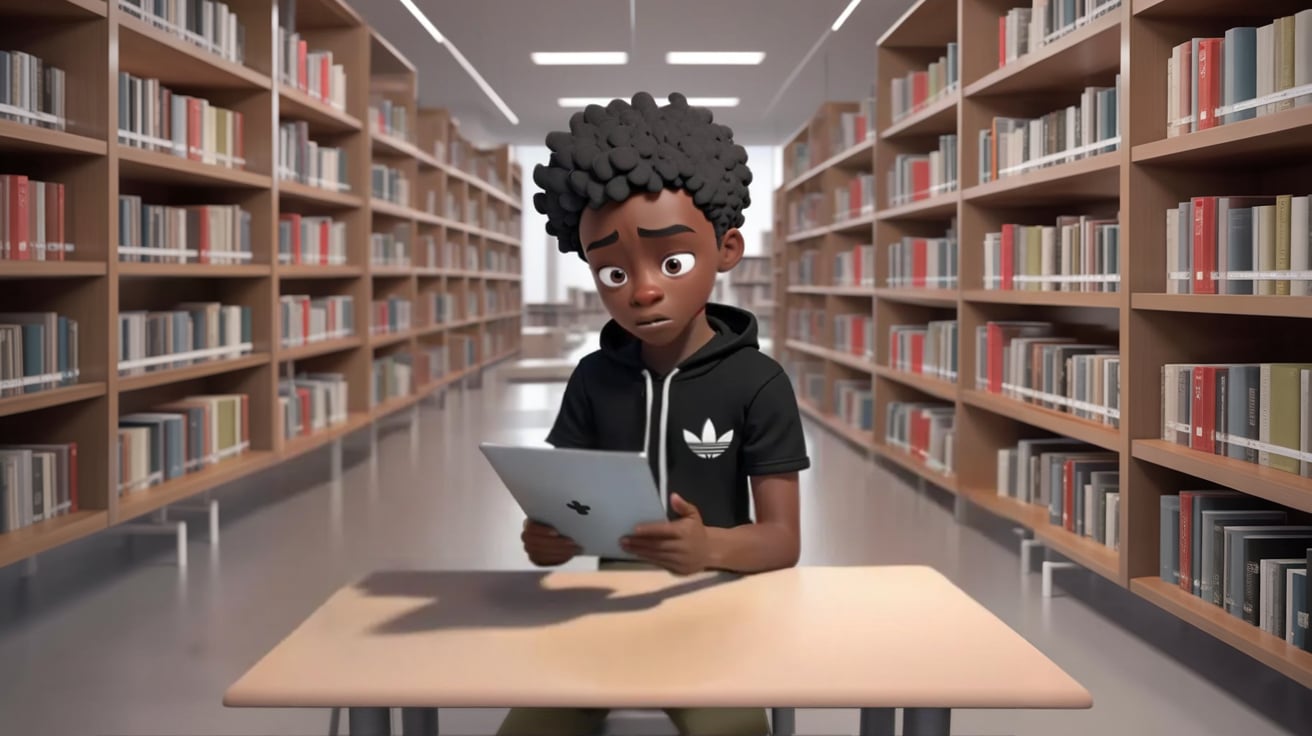
8 October 2024

On the surface, the gaming industry appears to be thriving, with record-breaking profits and an ever-expanding player base. In 2023 alone, the industry pulled in a staggering $227 billion, a figure set to rise to $312 billion by 2027. But beneath this shiny exterior, cracks are starting to show. Why, despite these enormous profits, are we seeing widespread layoffs and studio closures, like Microsoft cutting 650 jobs after their $69 billion acquisition of Activision-Blizzard?
The boom-bust cycle of game development
One of the key reasons behind these layoffs lies in the industry’s notorious boom-bust cycle. Gaming companies often hire huge teams to complete major projects, but once the game is launched, developers are shown the door. Take the closures of Arkane Austin and Tango Gameworks—both produced critically acclaimed titles, but once the work was done, so were the jobs.
Corporate consolidation and layoffs
Another issue is the corporate consolidation sweeping the industry. Giants like Microsoft and Sony are snapping up smaller studios, only to announce job cuts shortly after. These layoffs are not random—they’re often a strategic move to impress shareholders, where ‘cutting costs’ is prioritised over the welfare of employees. It’s a trend that disproportionately affects younger and marginalised workers, who are often the first to go.
The rise of unions
However, hope is not lost. Game developers are starting to unionise, aiming to protect workers from these harsh realities. While unions can’t stop layoffs entirely, they can negotiate better severance packages, longer notice periods, and even job-sharing schemes to soften the blow.
An overcrowded job market
To make matters worse, universities are churning out new graduates eager to join the gaming world, but the industry simply doesn’t have enough jobs to go around. This leaves many talented individuals entering a workforce plagued by layoffs and limited opportunities.
What’s next?
So, where do we go from here? There’s growing pressure for gaming companies to create sustainable jobs, not just temporary contracts tied to individual projects. Players can also help by demanding better working conditions for developers. After all, shouldn’t the people behind our favourite games be treated as more than just disposable assets?
Want to dive deeper? Watch the full video below for an in-depth look at the gaming industry’s complex dynamics.
For more Lesson Hacker Videos check out the CraignDave YouTube playlist HERE.
Visit our website to explore more cutting-edge tech-transforming news in the computer science world!










